What papers need to be kept?
Going paperless sounds like a great idea, but unfortunately, there will always be some papers we need to keep. These papers are often referred to as vital documents. I recommend keeping only one of them, the most recent copy and keeping it in a safe spot. I use a portable fireproof lock box for my important documents.
- birth certificate
- marriage license
- social security card
- military discharge records
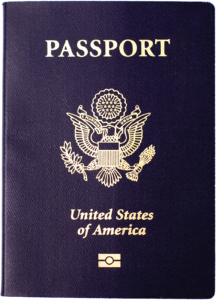
- driver’s license copy
- car registration
- car ownership documents
- medical insurance identification card and policy
- homeowners insurance policy
- auto insurance policy
- life insurance policy
- bank checking account number & routing number
- bank saving account numbers
- investment records
- deeds, titles and licenses
- family historical information
- critical addresses and mailing lists
- tax returns
- business records required to survive or rebuild
- will and estate planning documents
- passport
If you have questions about papers that are not listed above please refer to my blog article titled Paper: what to keep and for how long. If you’d like more guidance, below are some questions you can ask to help you determine what’s worth holding on to.
What is the specific need and use of this paper?
Is this current and up-to-date information?
Did I request this information?
Will this paper help me complete a project I’m working on now?
Are there tax, legal, or insurance reasons to keep this paper?
Is this information important and referred to often?
When have I needed to reference this type of information? How often?
How easily can this information be obtained elsewhere or again if needed?
Will this information be outdated by the time I need it?
What is the worst that will happen if I throw this paper away?
Is doubt and indecision the only reason for keeping this paper?
Paper management can be challenging, but the more often you make decisions the better off you’ll be.
©May 2021 Janine Cavanaugh, CPO® All rights reserved

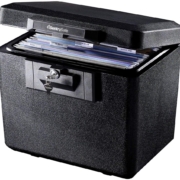
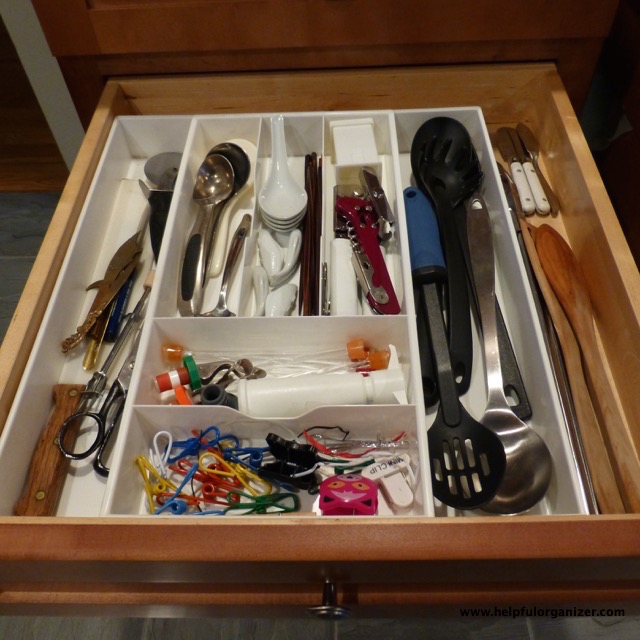
 Empty space does not equal available space. Allow yourself some breathing room and wiggle room. Spaces will function more efficiently if they are not over stuffed. Allow yourself empty space in
Empty space does not equal available space. Allow yourself some breathing room and wiggle room. Spaces will function more efficiently if they are not over stuffed. Allow yourself empty space in 
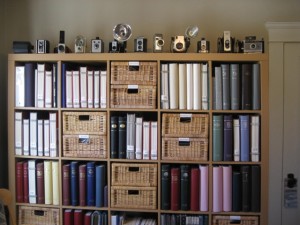 Janine Cavanaugh, CPO
Janine Cavanaugh, CPO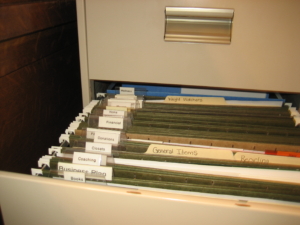 How many junk drawers do you have, and what’s inside them? Junk drawers are usually stuffed with a jumbled mess of random things, hence the name. Therefore, my recommendation is two small junk drawers per household, but that’s it. The rest of our drawers, and all the other containers in our home, need to be filled with items that belong together. For example, store all your tools in a tool box. Hold all your mending things in a sewing basket. Corral all your books on a bookcase. Put all your files in a file cabinet. It’s easier to find things that way and easier to remember where they are. Items that belong together need to be stored together. Other examples of ready-made containers are tie rack, jewelry box, magazine rack, hamper, fishing tackle box, golf bag, shoe rack, toy box, knitting bag, and pot rack. I can list a bunch more, but I think you get the idea.
How many junk drawers do you have, and what’s inside them? Junk drawers are usually stuffed with a jumbled mess of random things, hence the name. Therefore, my recommendation is two small junk drawers per household, but that’s it. The rest of our drawers, and all the other containers in our home, need to be filled with items that belong together. For example, store all your tools in a tool box. Hold all your mending things in a sewing basket. Corral all your books on a bookcase. Put all your files in a file cabinet. It’s easier to find things that way and easier to remember where they are. Items that belong together need to be stored together. Other examples of ready-made containers are tie rack, jewelry box, magazine rack, hamper, fishing tackle box, golf bag, shoe rack, toy box, knitting bag, and pot rack. I can list a bunch more, but I think you get the idea. Containers create boundaries where there are none. They help us corral small items such as makeup, jewelry, crafts, snacks, and toiletries. Containers help divide drawers into sections. Which is great for
Containers create boundaries where there are none. They help us corral small items such as makeup, jewelry, crafts, snacks, and toiletries. Containers help divide drawers into sections. Which is great for  The container helps us see when we have enough. They give us a visual indication of when we have reached the container’s maximum capacity. Therefore reducing our chances of over-stuffing. However it’s important to stay within the limits of the container. If we allow items to spill out and create piles of stuff outside the container, we’re not following the storage guidelines. Once this happens we’re tempted to purchase another container and not use our existing container as a guide, but it’s much easier to maintain order when we don’t over-stuff. Practice the
The container helps us see when we have enough. They give us a visual indication of when we have reached the container’s maximum capacity. Therefore reducing our chances of over-stuffing. However it’s important to stay within the limits of the container. If we allow items to spill out and create piles of stuff outside the container, we’re not following the storage guidelines. Once this happens we’re tempted to purchase another container and not use our existing container as a guide, but it’s much easier to maintain order when we don’t over-stuff. Practice the 

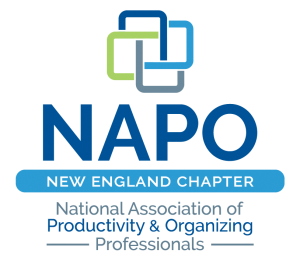
Follow Me